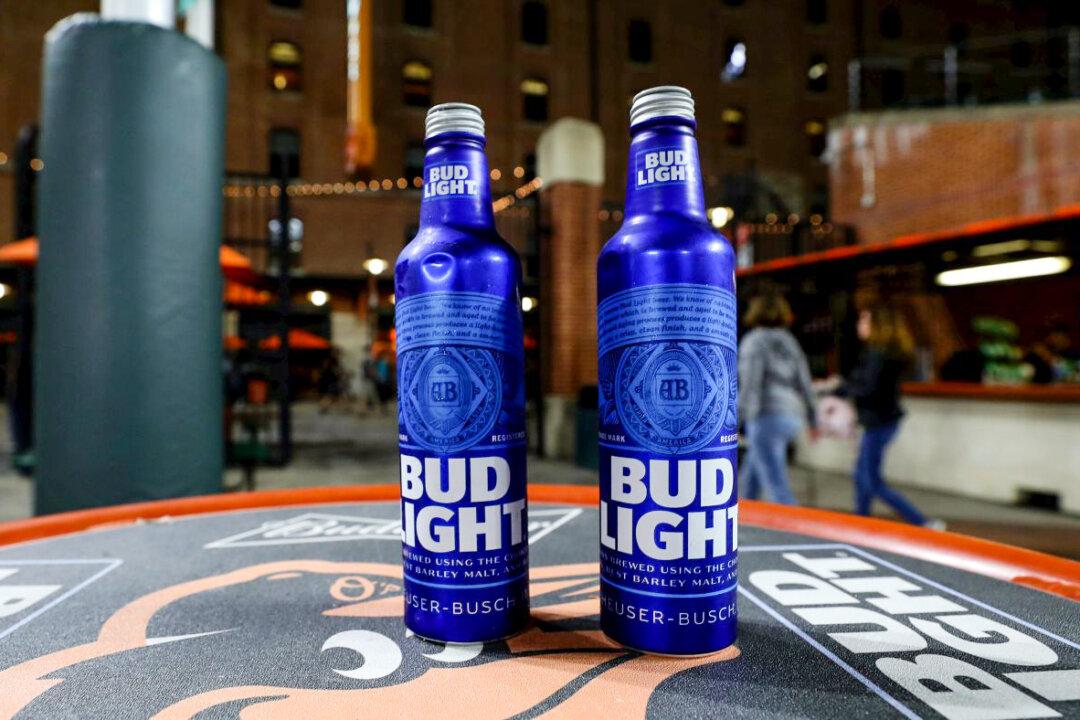Anheuser-Busch InBev was downgraded on Wednesday by an HSBC analyst who said the firm is now dealing with a “Bud Light crisis” after the company produced a can with the face of a transgender influencer last month, sparking widespread backlash.
Carlos Laboy, with the banking giant, downgraded the company’s stock to “hold,” saying there are “deeper problems than ABI admits” after the social media partnership with transgender activist Dylan Mulvaney was announced.





